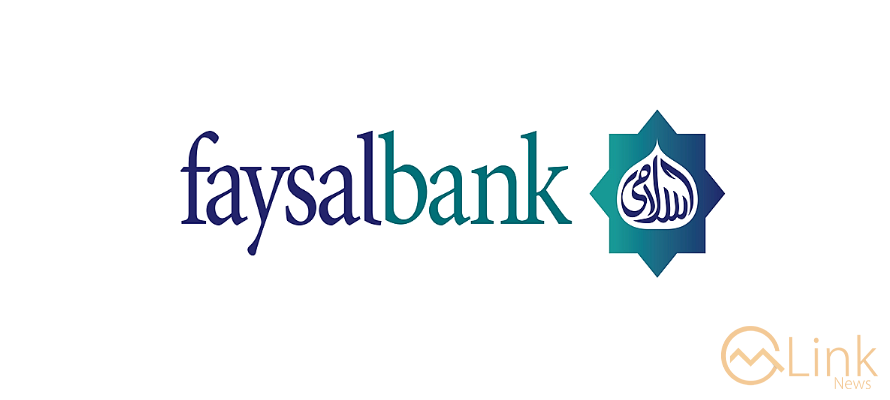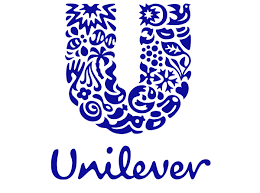July 18, 2023 (MLN): Pakistan was already late into the global tech party. Nonetheless, the budding tech boom accelerated after 2017-8 until 2023. Reportedly, mid-sized start-ups – by our standards – such as Jugnu (having raised USD 22M) & MedznMore (having raised USD 11M) are shutting operations down. There are serious implications of such failures.
On its own, failure is a good thing. It's a sign that we are trying, innovating, and moving outside our comfort zone. But it also is a stark reminder of a long, painful journey ahead to success. That journey is inevitable and mind-boggling for young brains. Empirical evidence suggested 6-7 out of 10 start-ups are bound to fail but that's not a deterrent. Nevertheless, global and domestic growth-chasing investors need to pause and reflect.
The pitch for Pakistan's business case is standard – almost can be written by ChatGPT. A large young, tech-savvy, digitally connected, and English-speaking population with growing needs. The market was always ripe for a "catch-up" phenomenon. What's worked abroad usually works in late stage nations. Selling a dream is easy, executing it is not so.
The start-up crazy (with the benefit of hindsight) was similar to crypto-led mania where people with liquidity were doling out funds to fancy ideas. Primarily, it seemed one investor wanted to pass the "hot potato" to another one at higher. It's now that the music has stopped that we are seeing who swam naked.
Founders showed S-curve exponential growth, a moonshot valuation matrices, creating layers upon layers of fundraising, exotic Excel worksheets, rising market share, flamboyant employee culture, burning cash, and making splashy presentations with damn good persuasive skills to gradually monetize their own share. Not many founders lose their shirts or go bankrupt.
Then the fat lady sang. Rising global interest rates have created a risk-off scenario where investors in emerging markets – start-ups or otherwise – have had to reckon with currency depreciation, rising opportunity cost in fixed income, lower valuation rounds, geo-political divergence, and further competition within the same industries.
All this is leading to systematic de-rating of the sector. The cherry on top was a domestic macroeconomic contraction in Pakistan and rising sovereign risks. It looks perfect in hindsight. Problems are plenty. But solutions for some of these investors require extremely conservative, stress-testing valuation models. The founder's stake should be vested for a much longer period with the entire value tied to future real cashflows. Long-term holders wouldn't monetize at each pyramid level. You should be able to differentiate between a salesman and a believer.
Similarly, there is no ultra need to over pay talent, hire first and then utilize, being over-generous in doling out benefits and hoping that scale would solve the problem. Identifying business niches and preserving war chests are the distinguishing factors. Many would give ideas to deploy money to chase growth but it's okay not to spend money as well and resist the pressure to seek growth.
One lesson for employers in the industry is to have rational expectations. No longer would they be interested in hefty sign-on bonuses, equity options, and jumps in current salary. Some would very well look for traditional (boring) roles with better job security. Global investors would be careful – but will and should – continue to fund great ideas and talent. Investments in people would triumph over investment in ideas. Regulars too should increase oversight and set ground rules of the game and keep the faith alive.
There are lessons that founders must not throw good money after bad one. Would they have been less frugal if it was their own money? Value those who preserve your capital and moderate your storyline, please. New and improved ideas would come back to the market and failures always lead to eventual success. It's OK to fall forward.
The author is an independent economic analyst and writes on Twitter and Linkedin.
Posted on: 2023-07-18T10:02:10+05:00







